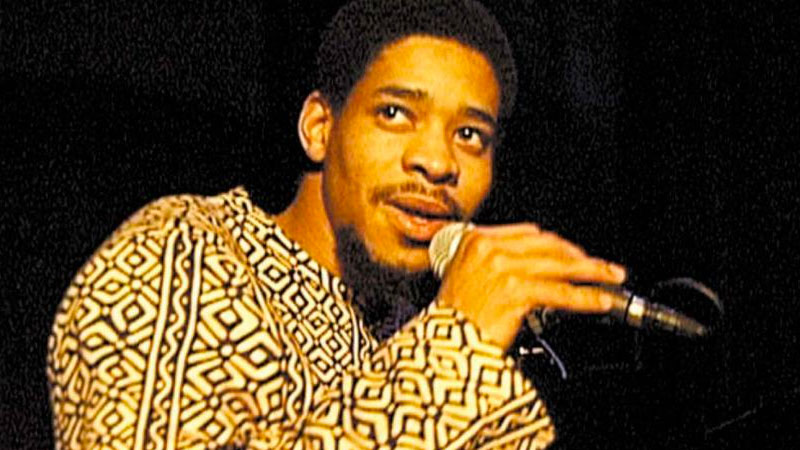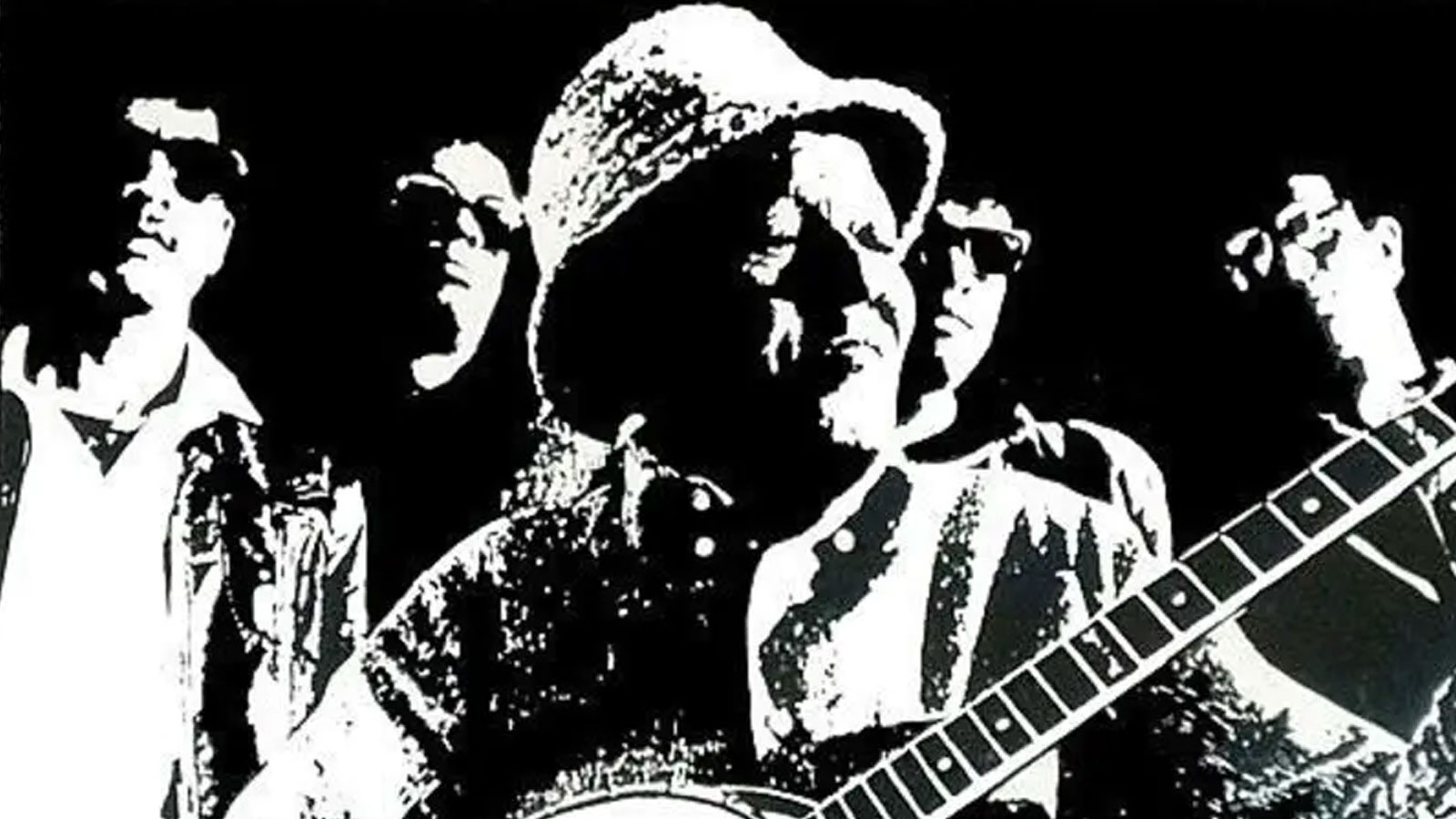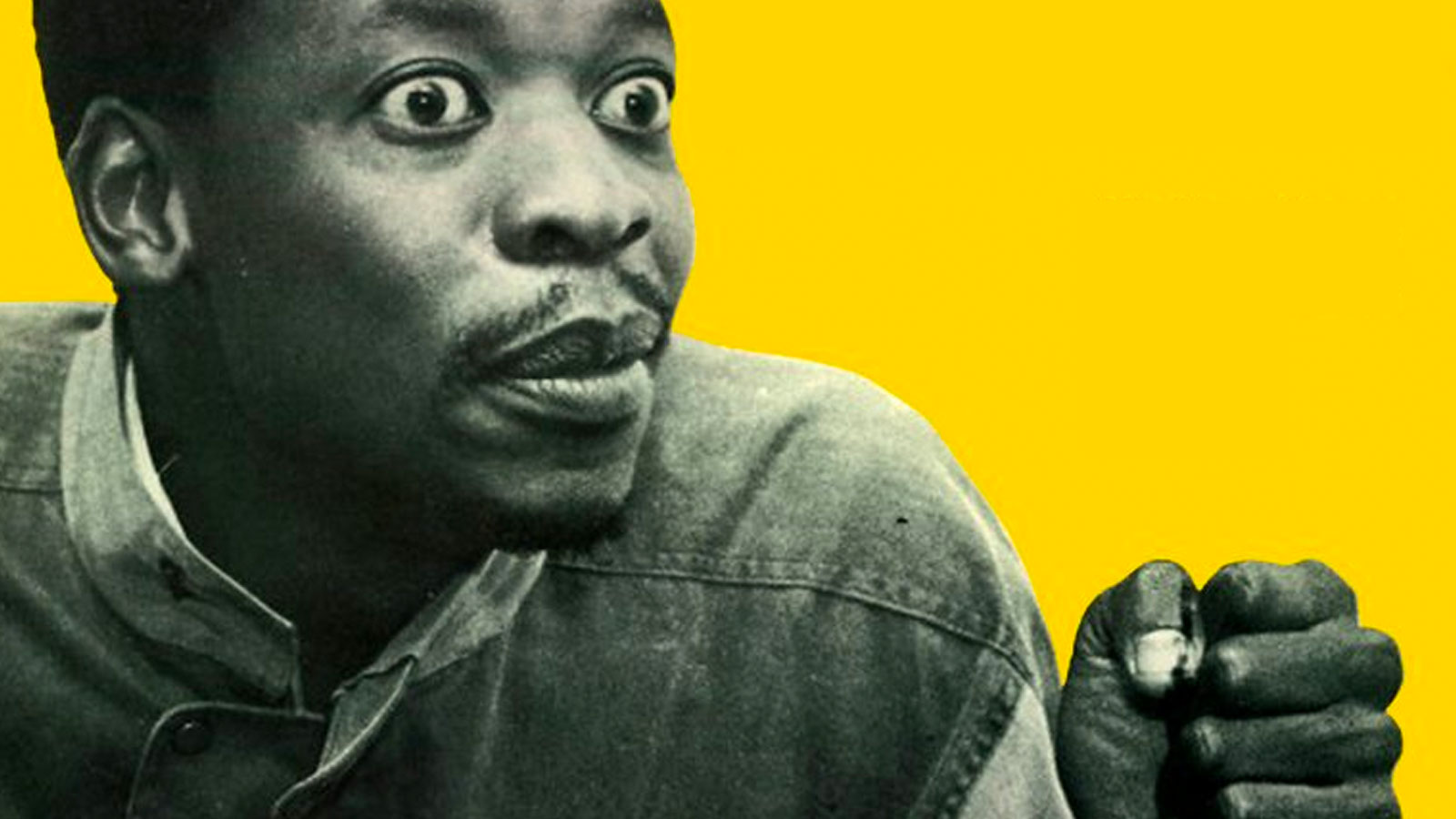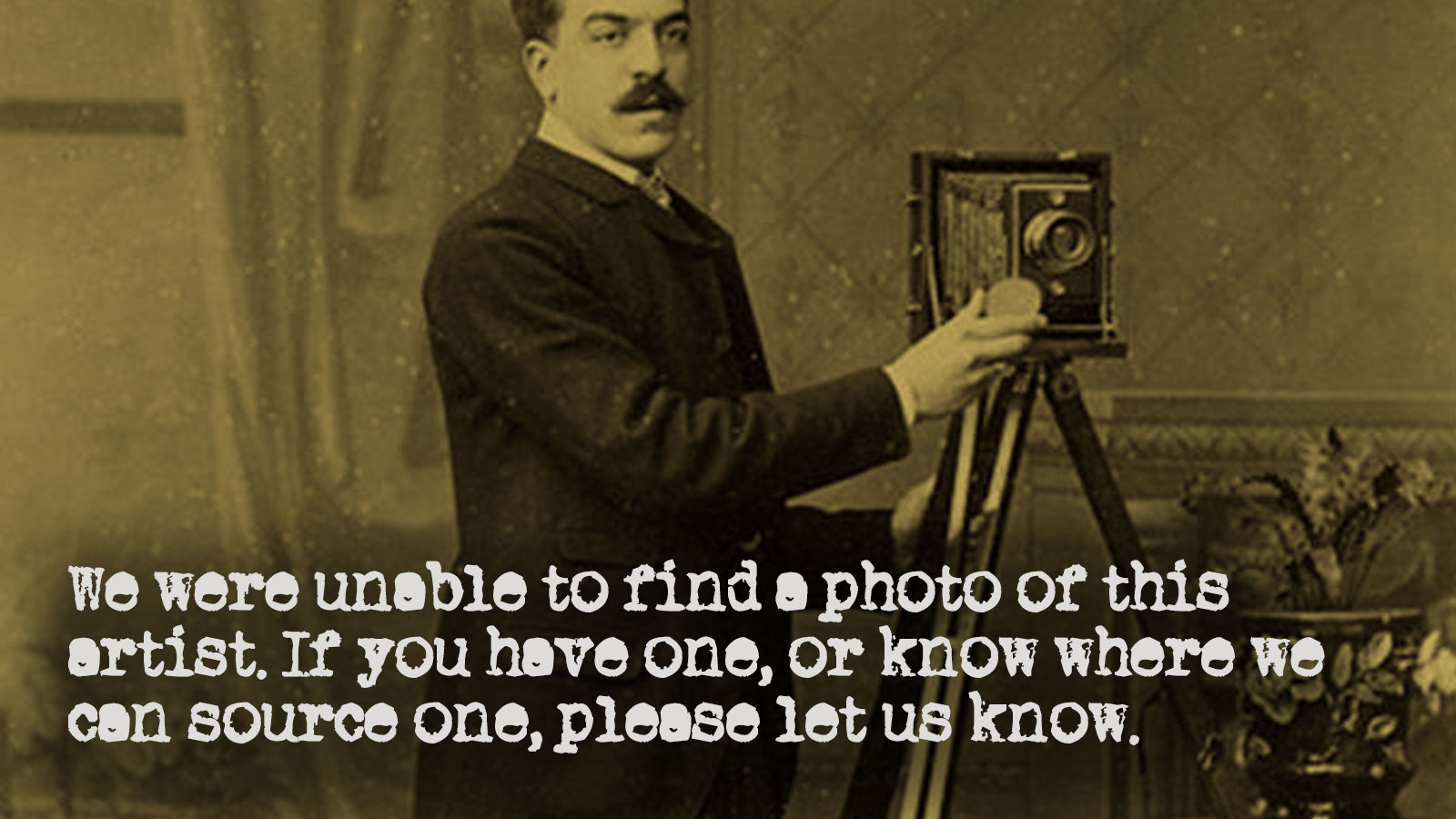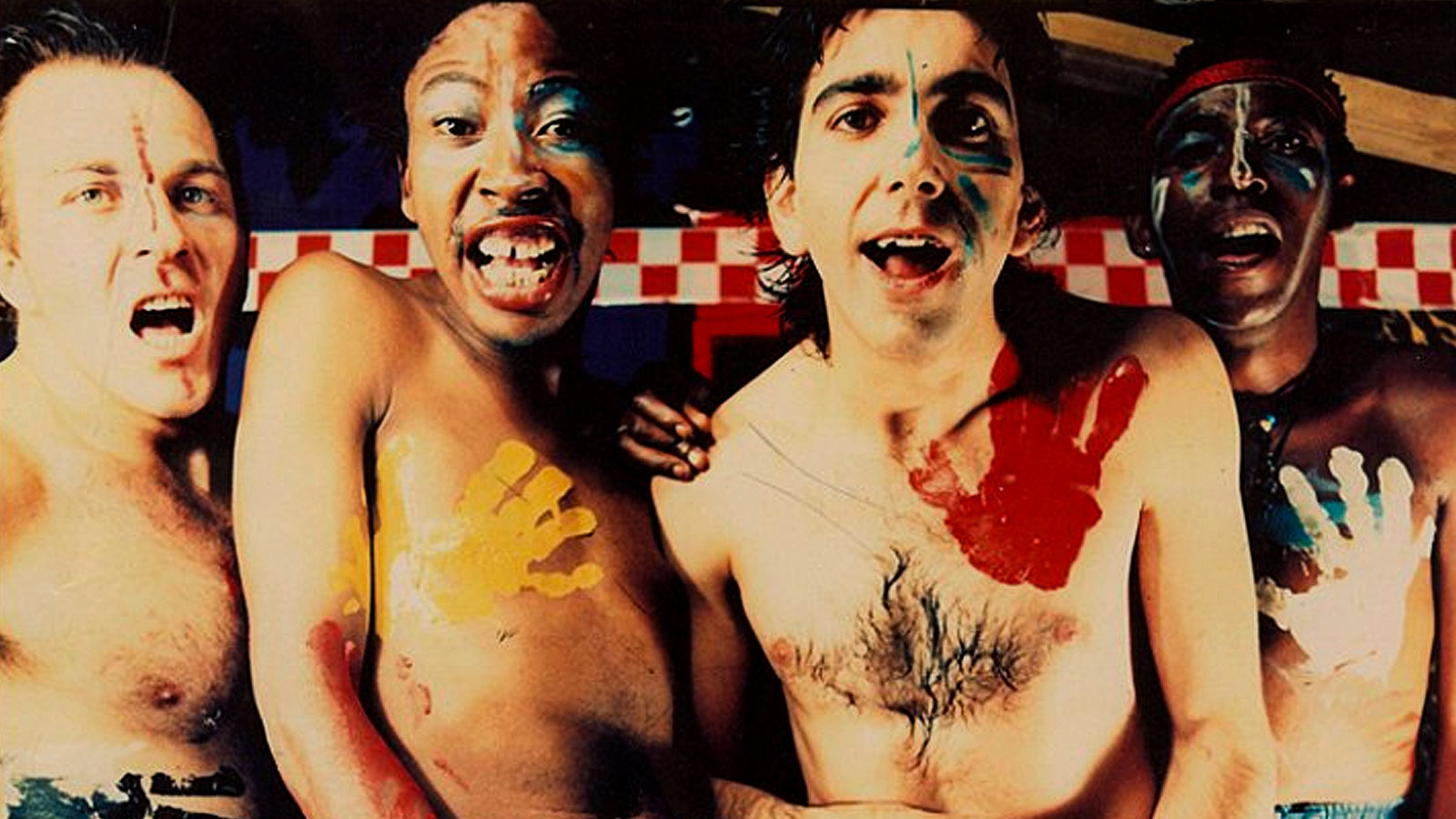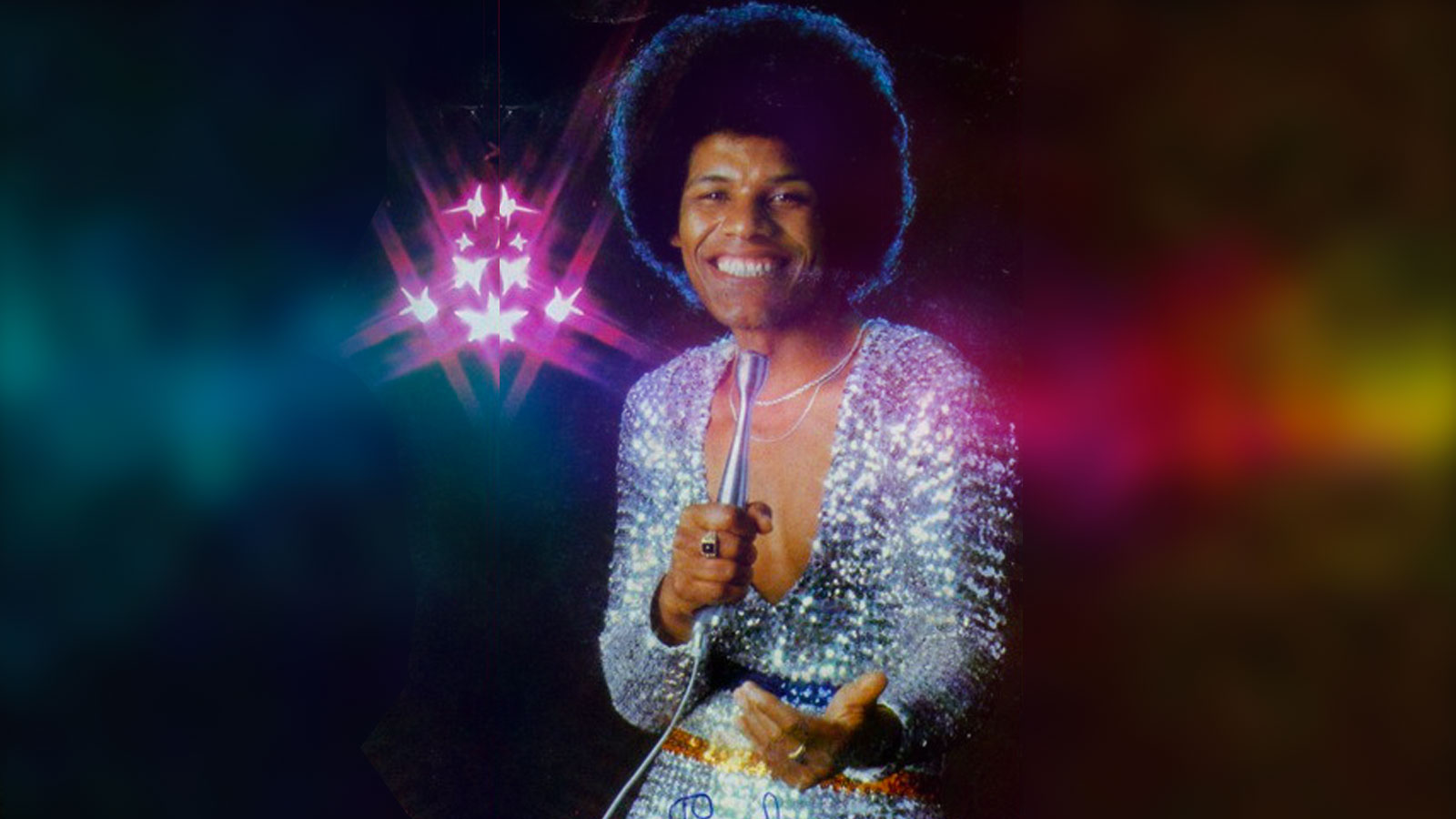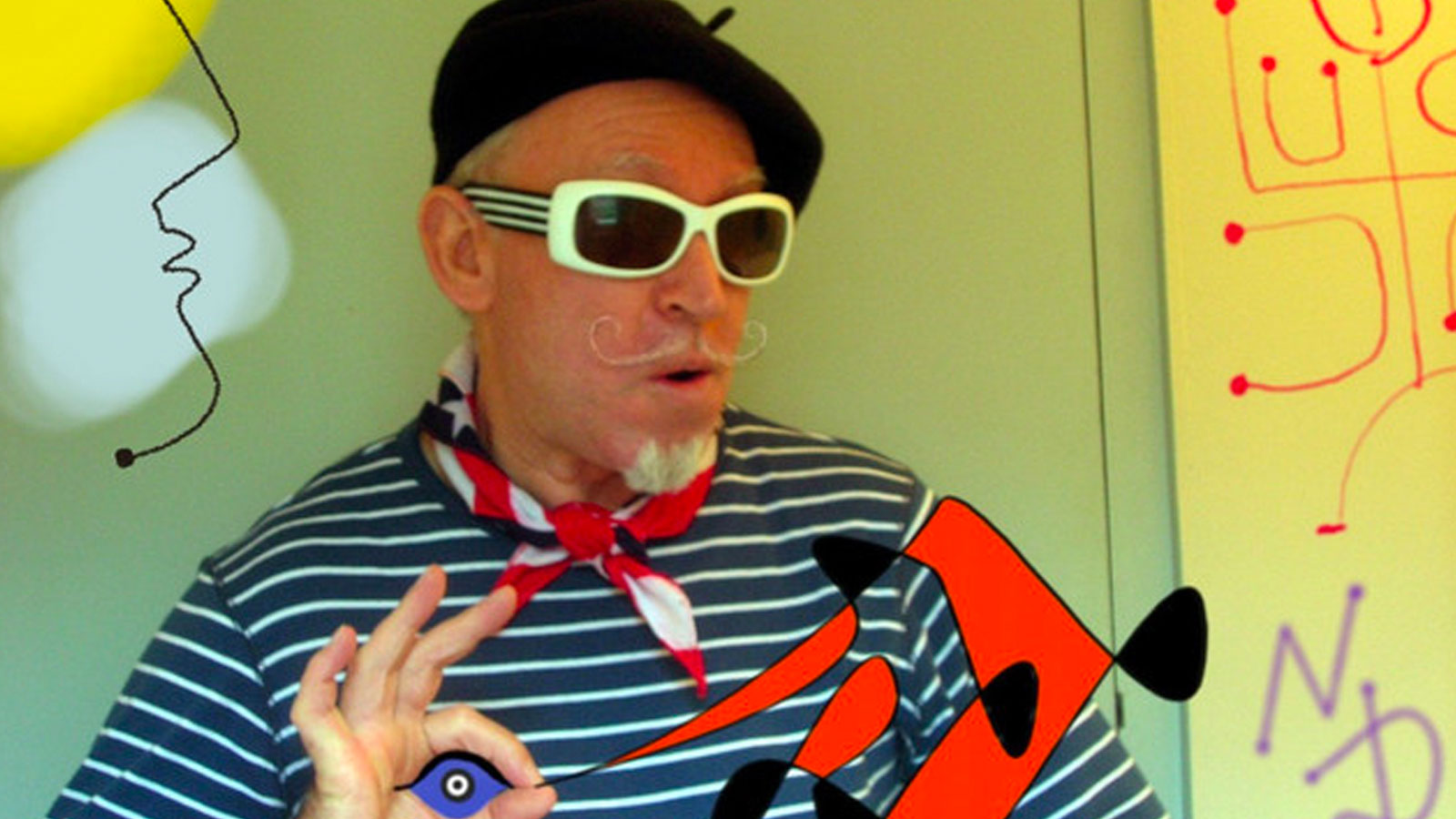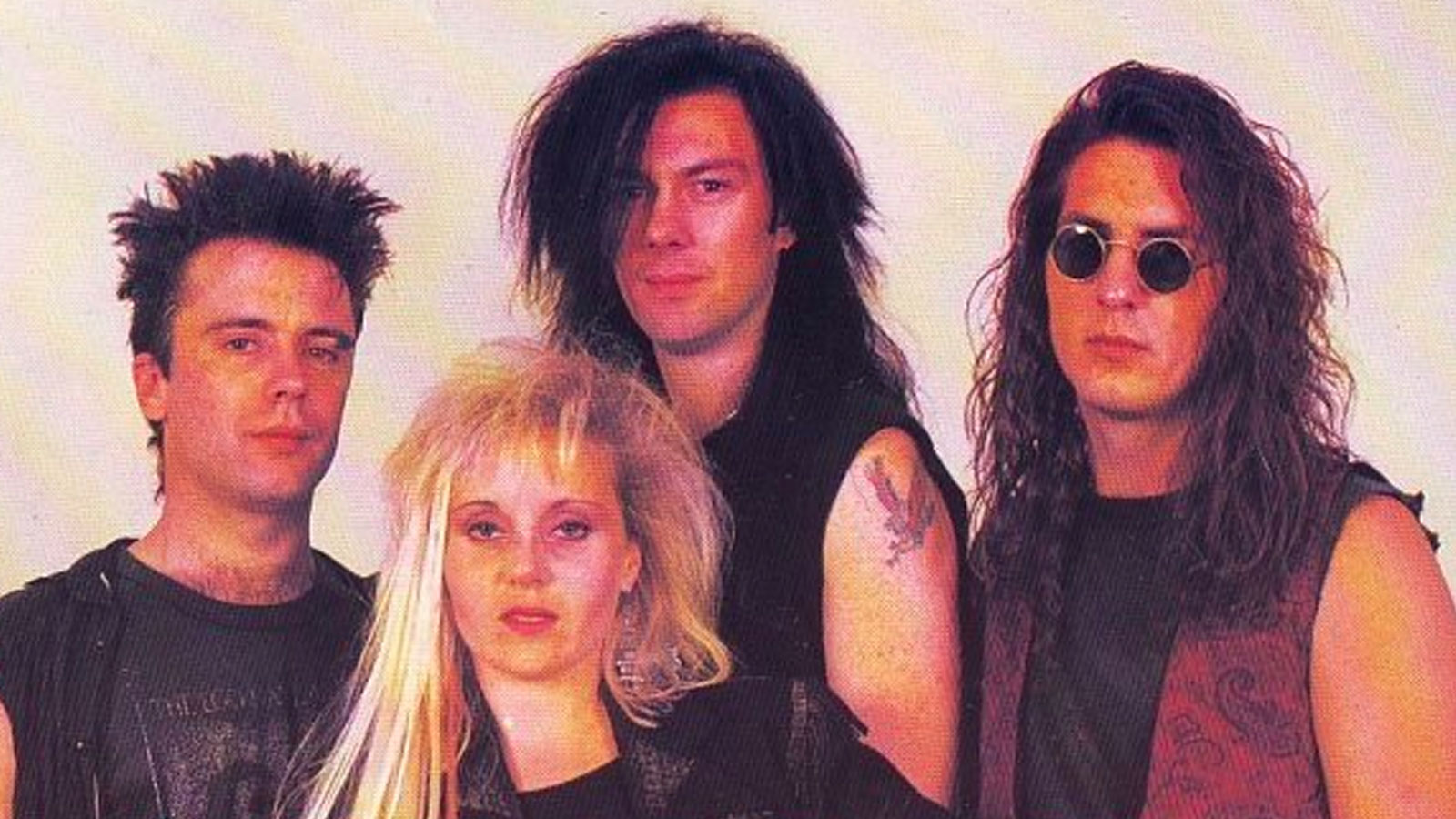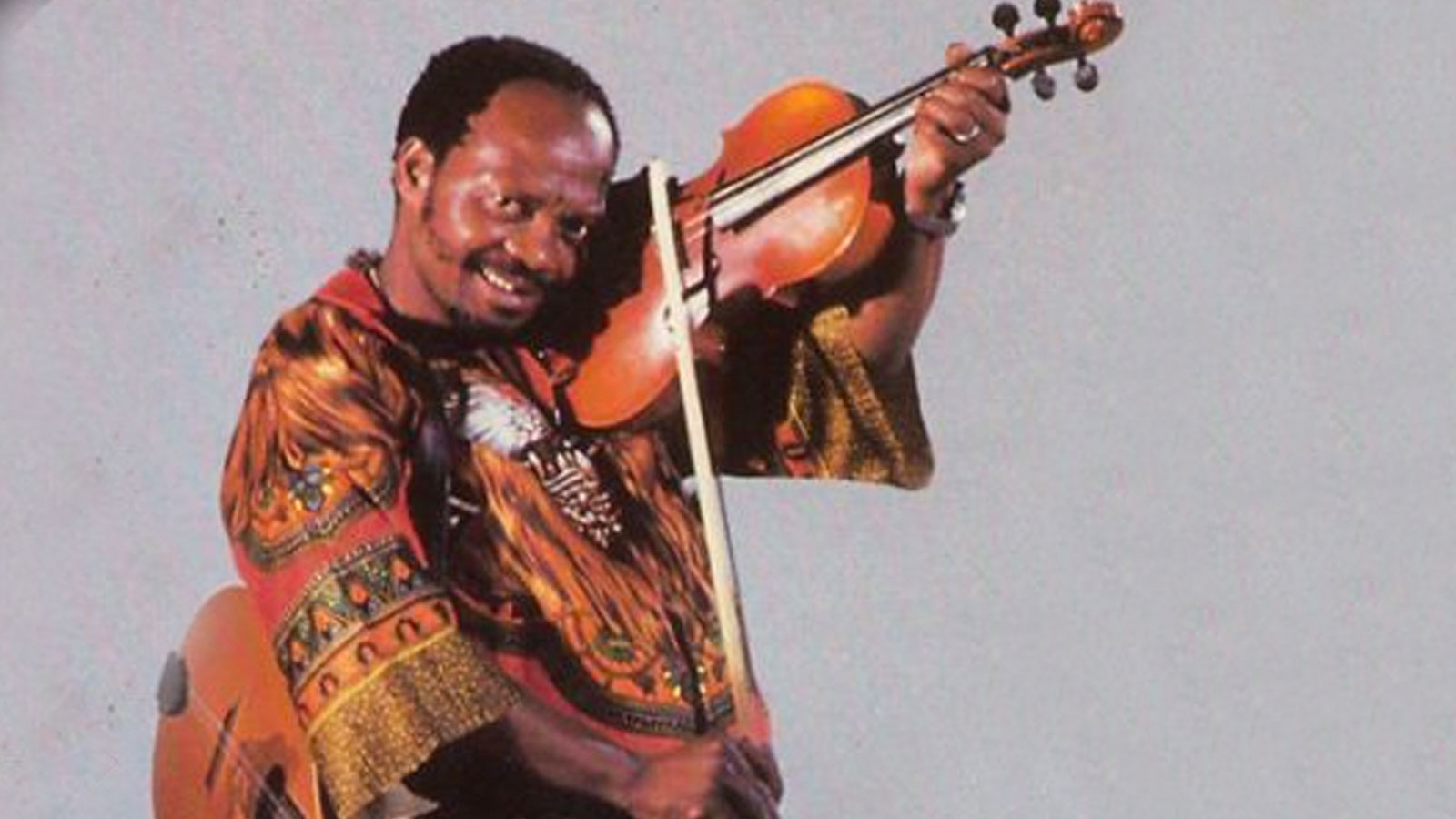Tembisa and Johannesburg-based jazz pianist and composer who rose to prominence in the late 1980s while still a teenager. He initially performed with Miriam Makeba, Jonas Gwangwa and Hugh Masekela before embarking on a solo career.
He released several albums: Finding Oneself (1994) and Genes and Spirits (2000) while he was still alive and Wa Mpona (2002) and Darkness Pass (2004) were released posthumously.
He died in 2001.
After releasing the album Goema in 1986, The Genuines joined up with Mac Mackenzie’s father Samuel “Mr Mac” Mackenzie to release the single “Won’t Discuss It”/“Desperately” and the album Mr Mac & The Genuines in 1987.
The album was a one-off project. The group was Samuel Mackenzie (vocals, banjo), Hilton Schilder (keyboards, vocals), Mac Mackenzie (bass, vocals), Gerard O’Brien (guitar) and Ian Herman (drums).
The album also featured Robbie Jansen on alto sax and Tony Cedras on trumpet.
Mzwakhe Mbuli rose to fame in the mid-1980s as the people’s poet, reciting his resistance poems at political rallies, often sneaking in and out because he was wanted by the apartheid security forces.
Shifty invited him to record an album dub-poetry style, with a backing band. In 1986 the album Change is Pain was recorded with a core backing band of Simba Morri (guitar), Gito Baloi (bass) and Ian Herman (drums). The album was promptly banned because of its outspoken political message.
In 1989 Mzwakhe recorded a second album with Shifty, Unbroken Spirit, which in part documented his time in prison. In the 1990s he continued to record albums but with major labels.
Very little is known about the Naledi Boys.
They released a series of singles on the Mabob City label who were distributed by EMI. These included “Highway Bump”/ “Naledi Special” (1975), “Gerty’s Joint”/ “Bump Again” (1976) and “Ha! He!”/ “Hlope Jive” (1977).
Johannesburg-based group who formed in 1978.
Ivan Kadey (rhythm guitar, back-up vocals), Gary Khoza (bass), Punka Khoza (drums, vocals), Michael Lebese (vocals, percussion), Paul Giraud (guitar). In 1980 Steve Moni (lead guitar, vocals) replaced Paul Giraud.
They released the singles “Supaman” and “Bolina” and the album National Wake in 1981 before the band split up.
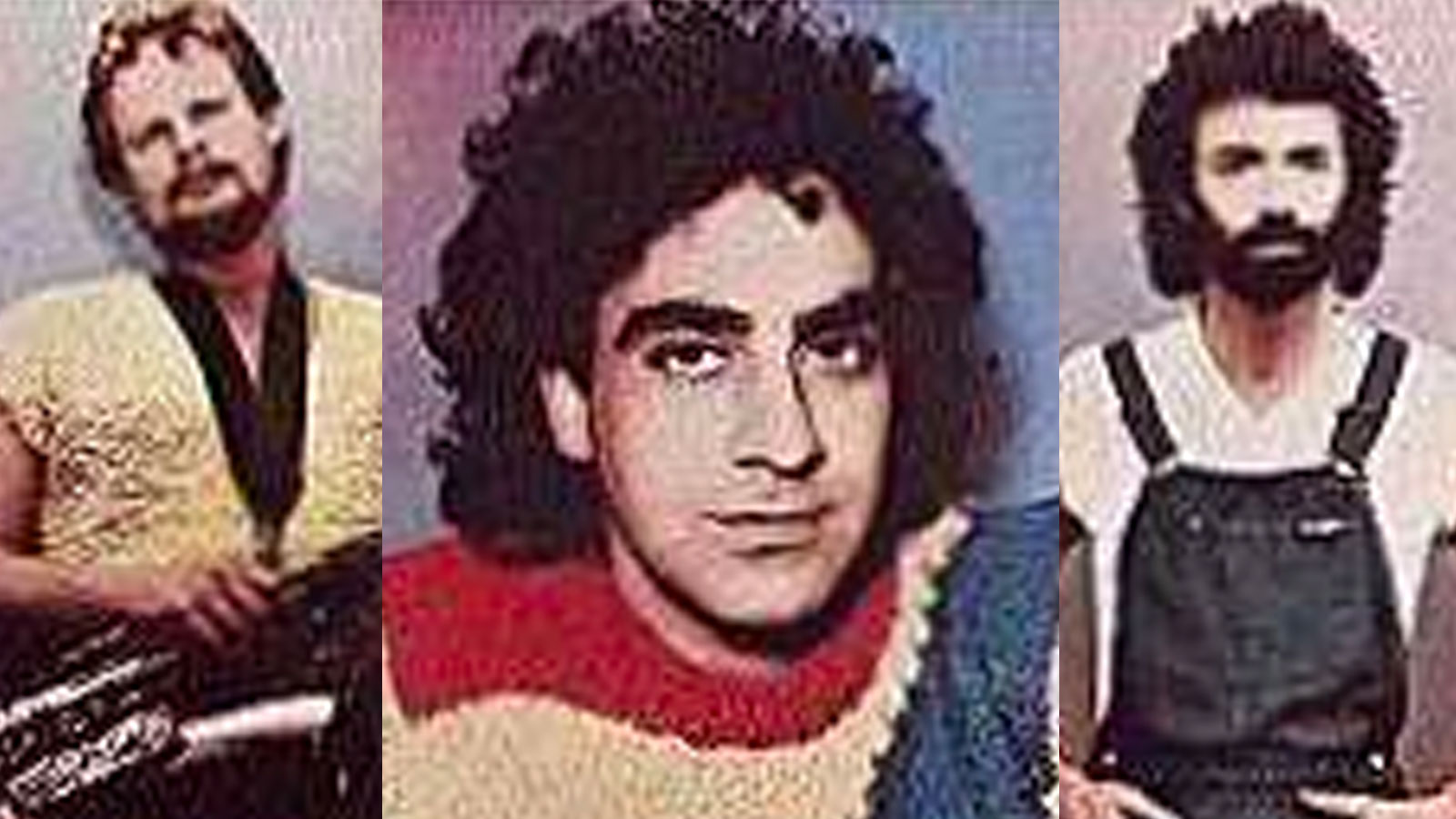
Singer songwriter, guitarist and keyboardist Neil Solomon was born and grew up in Durban where he began his musical career.
He formed the Uptown Rhythm Dogs in 1978 with Tony Hunter (on sax, flute, bass, guitar, percussion, vocals), Dan Chiorboli (percussion, vocals), Gerry Salendis (keyboards) and Greg Georgiades (guitar, bass, vocals). Their debut album, The occupant, was released in 1981 to much critical acclaim, including in Billboard Magazine.
Overseas prospects were blunted by the cultural boycott. Their most successful single was “Junk foods and disposable ladies” off the aforementioned Album.
Kenny Henson (guitar) joined the group in late 1981.
In 1982 the group was selected to support Janis Ian on her tour of South Africa. Just before the tour began Tony Hunter was killed in a car crash.
The band committed to the tour with Mike Faure (sax) and George Wolfaardt (bass) joining as replacements.
After the tour Faure, Wolfaardt and Henson left and a few months later the group broke up.
Born in the Western Cape and began his singing career with various bands such as Mama’s Cream, Stoneage and Bloodshed before joining Poison in Pretoria in the mid-1970s.
He went solo in 1978 releasing the singles “Sadie” and “Reach” off the album Ordinary Guy.
He went on to release further albums, Kind Hearted Man (1980), Neville Nash (1981), Wind Me Up (1981), Diamonds & Pearls And Solid Gold (1982), Teaser (1984) and Why? (1986) along with a steady flow of singles until 1986.
Cape Town based singer songwriter and children’s book author-illustrator who first appeared on the folk scene in the mid-1960s.
He released his first single, “I’ll take a walk in the rain” in 1966, followed by “Sandy” (1967), “I Remember Nan”(1971) and “Super Groupie”(1973).
In 1970 he went to England in the hope of pursing a music career in the UK but in 1973 he became an art director for advertising agencies and a freelance illustrator.
In 1980 he returned to Cape Town and while writing children’s books in 1984 he released the Living in the Suburbs album and the “Is it an ism or it is art?” single. In 1986 he released a further single, “Do young boys believe in love?” followed by the album Whitey In Love in 1989.
Johannesburg group formed in 1986. Rob McLennan (vocals), Dave de Vetta (bass), Ian Wiggins (guitar) and Annette McLennan (drums).
Released the EP One Came Running in 1987 followed by the albums Into The Valley (1989) and Fifteen Seconds (1991).
Grew up in Kwazulu-Natal and began to learn the guitar in the late 1950s. In the early 1960s he started performing as a session musician and performing in shabeens.
He also learnt to play the violin. Over the next thirty years he played on sessions with a wide variety of musicians including the Boyoyo Boys, West Nkosi, Robart Bopape and the Mohatella Queens.
In 1986 he recorded the Grooving Jive No. 1 EP (with Shifty Records) as a member of the Jo’burg City Stars.
In 1989 he recorded his first solo album with Shifty Records, The Art of Noise.


